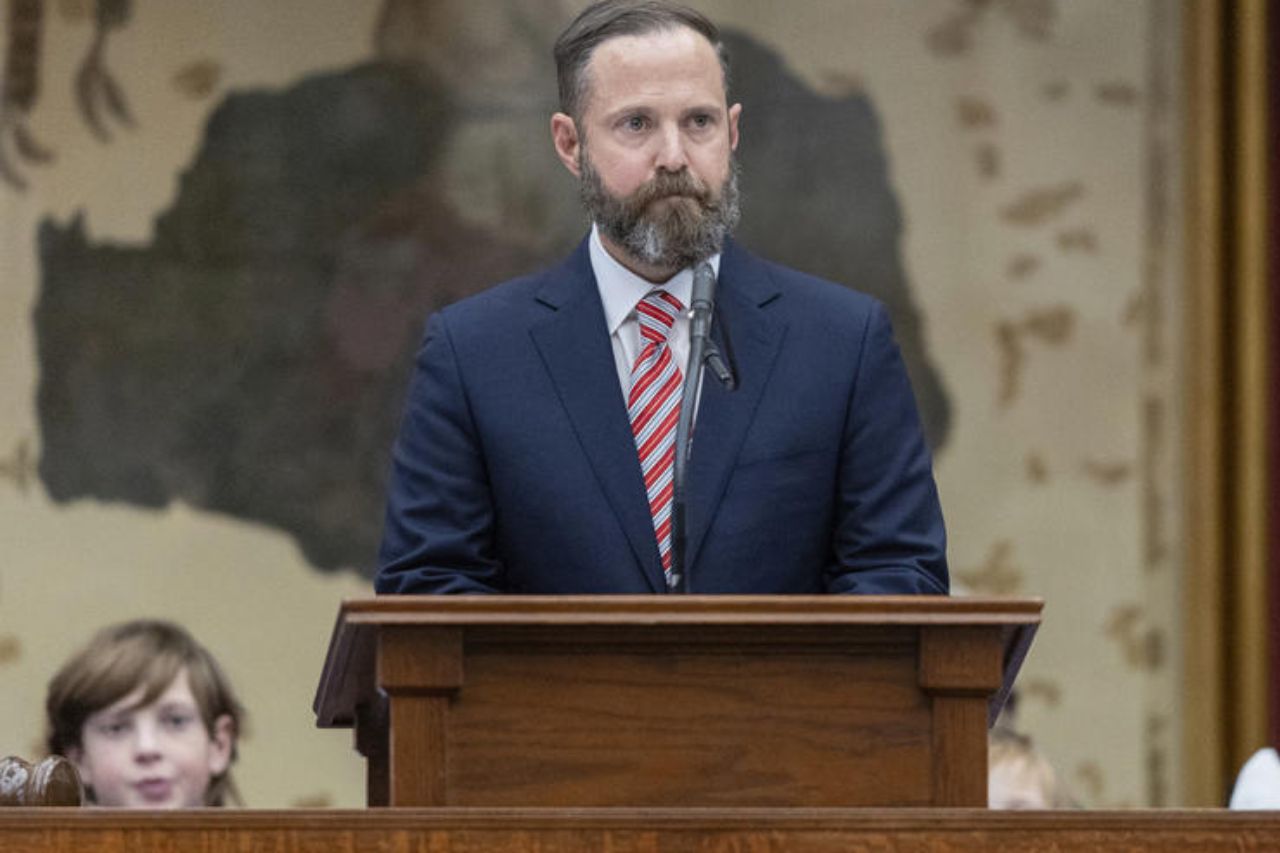The battle for the powerful Texas House Speaker role saw a surprising twist on Tuesday, as the state’s hard-right faction aimed to tighten its grip on power but fell short. In a dramatic turn, lawmakers voted against the candidate backed by the GOP’s far-right, choosing instead to support Dustin Burrows — a candidate who found unexpected backing from Democrats.
While Burrows’ win is seen as a win for Texas’ Republican establishment, it raises questions about the future of bipartisan influence in the House. This election, which followed the highly charged impeachment of Attorney General Ken Paxton, exposed deepening divides within the Republican Party. Some GOP members are pushing for more extreme measures, including tougher laws on abortion, immigration, and voting — feeling the current pace isn’t fast enough for their liking.
A Compromise for Now
As Democratic Rep. Toni Rose put it during her speech nominating Burrows: “He’s a leader who will at least have a conversation.” This tone of diplomacy seems to be what drew support from Democrats, who preferred Burrows over his challenger, Rep. David Cook. Cook, a staunch GOP supporter, had promised to block Democrats from chairing committees — a tradition of balance in the House that could have been threatened under his leadership.
A Shift in Power Dynamics
Burrows, who has now ascended to one of the highest offices in Texas, replaces former House Speaker Dade Phelan, who was ousted after losing favor with the hard-right wing, especially after the Paxton impeachment drama. Despite having similar political views to Cook, Burrows was the preferred choice for those who feared Cook would give too much power to Democrats.
The race itself highlighted ongoing tensions within the GOP, especially after the failure to approve funding for private schools last year — a move that further divided Republicans as they geared up for the November elections. This setback allowed hard-right factions to gain more ground in the U.S.-Mexico border region, pushing even tougher laws on issues like abortion, immigration, and voting rights.
What’s Next for Texas?
While Burrows’ win may have settled the immediate fight, it’s far from clear what the long-term impact will be on Texas politics. As the GOP continues to push for even stricter laws, especially concerning gender-affirming care and college tuition for undocumented students, Democrats are left navigating a shifting balance of power in the state’s House.
Despite the strong presence of Republicans, Democrats could still face challenges under this new leadership, with questions looming about whether they’ll maintain any significant influence in the coming months.
This story has been updated to clarify that while Burrows won the speakership, Democrats might still lose influence under his leadership.
